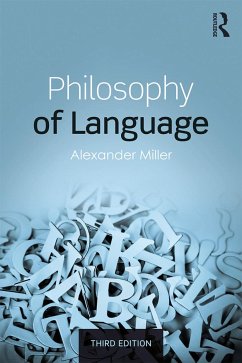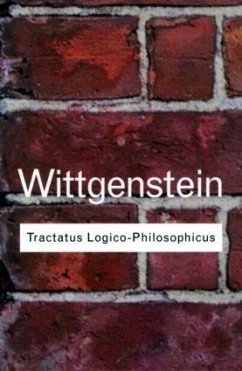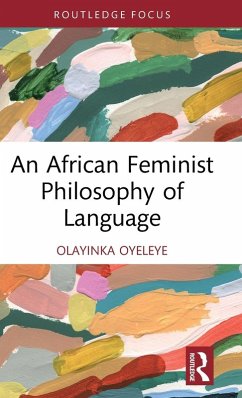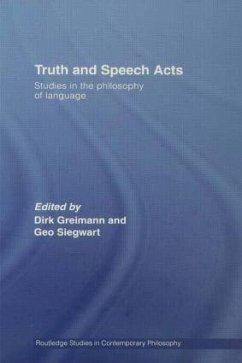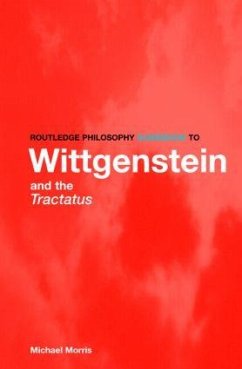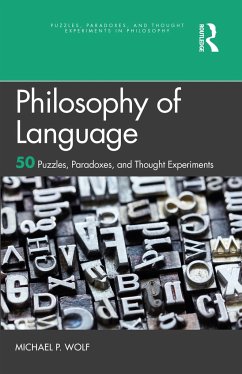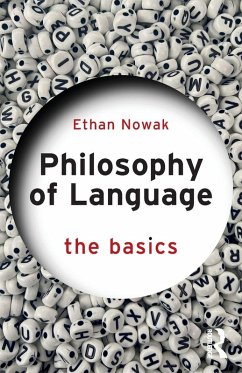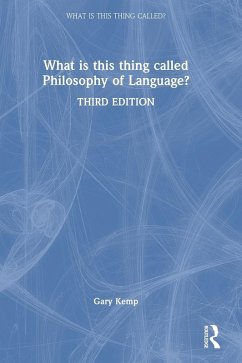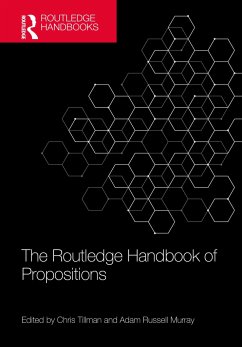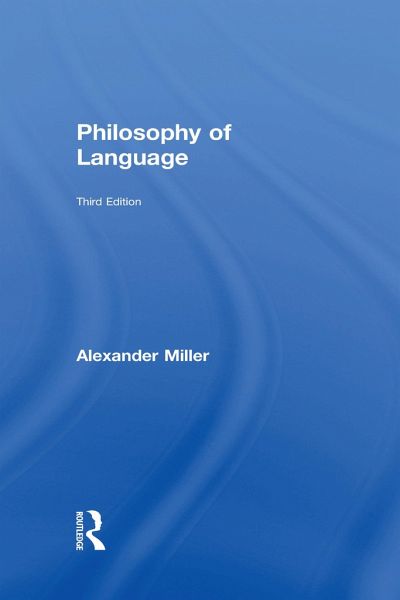
Philosophy of Language
Versandkostenfrei!
Versandfertig in 1-2 Wochen
169,99 €
inkl. MwSt.
Weitere Ausgaben:

PAYBACK Punkte
85 °P sammeln!
This well-established introduction to the philosophy of language is suitable for use on undergraduate degrees and in postgraduate study. The third edition contains an introduction for students, a new chapter on semantic minimalism and radical contextualism, the addition of chapter summaries and study questions, plus guides to further reading.





